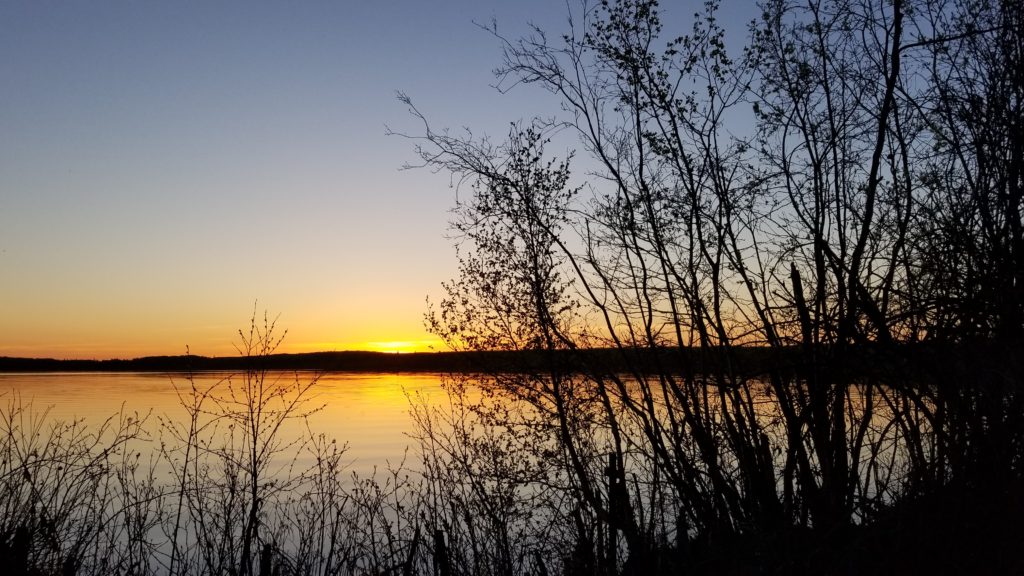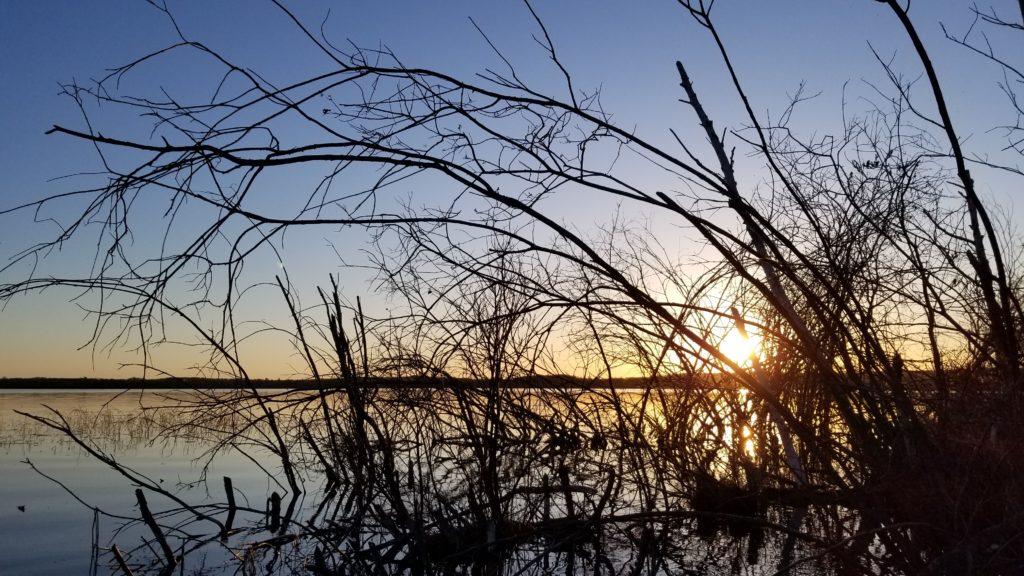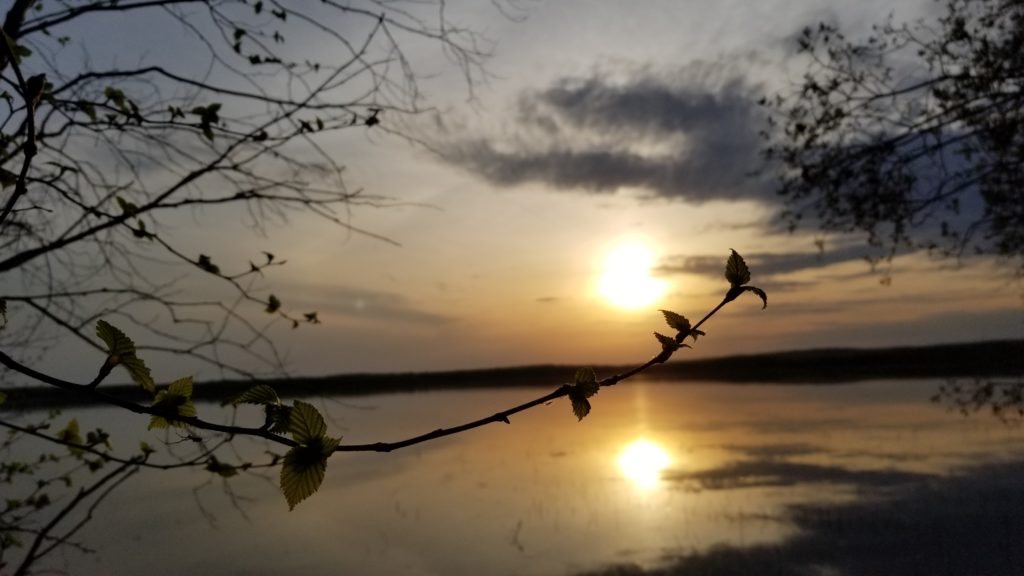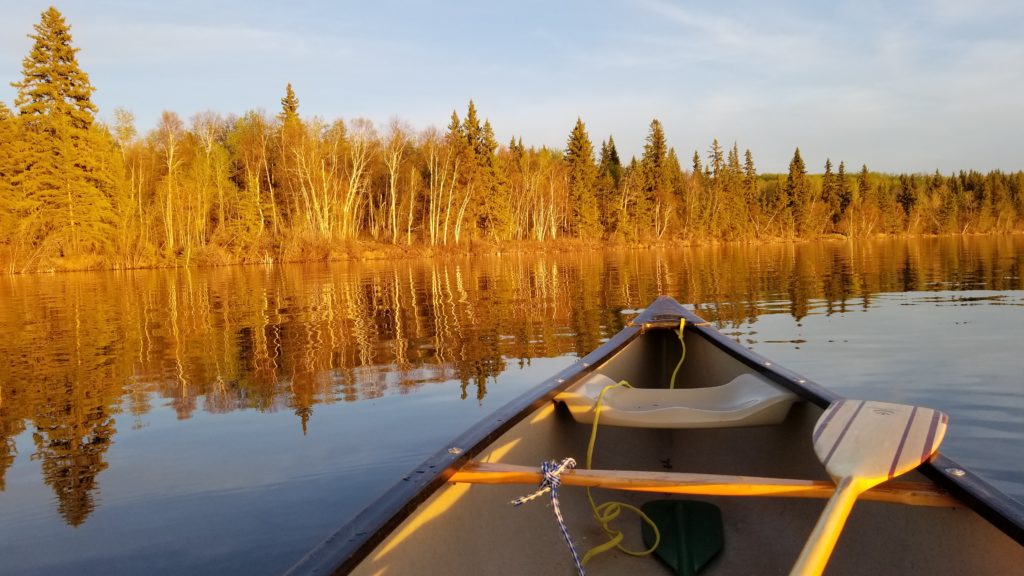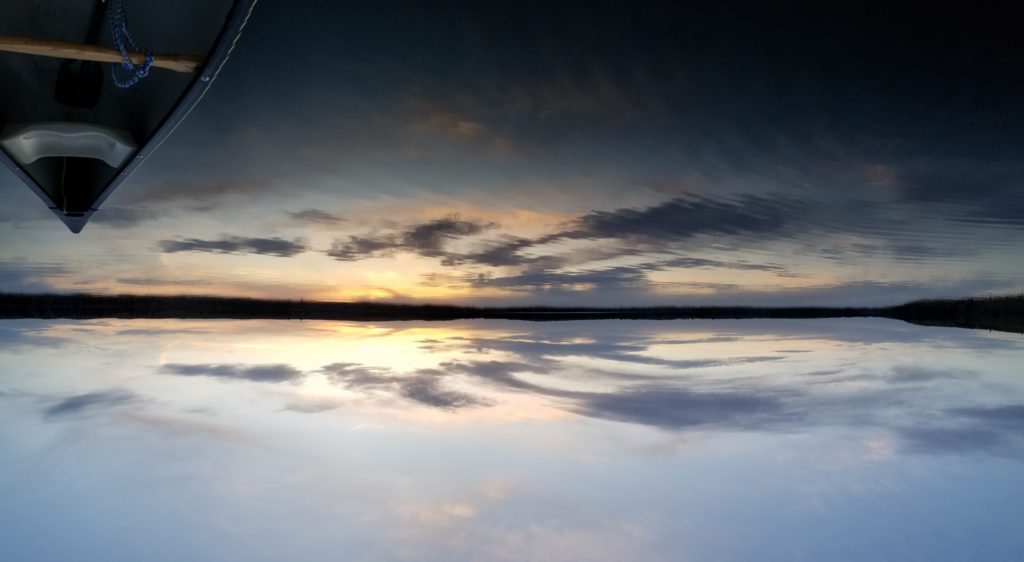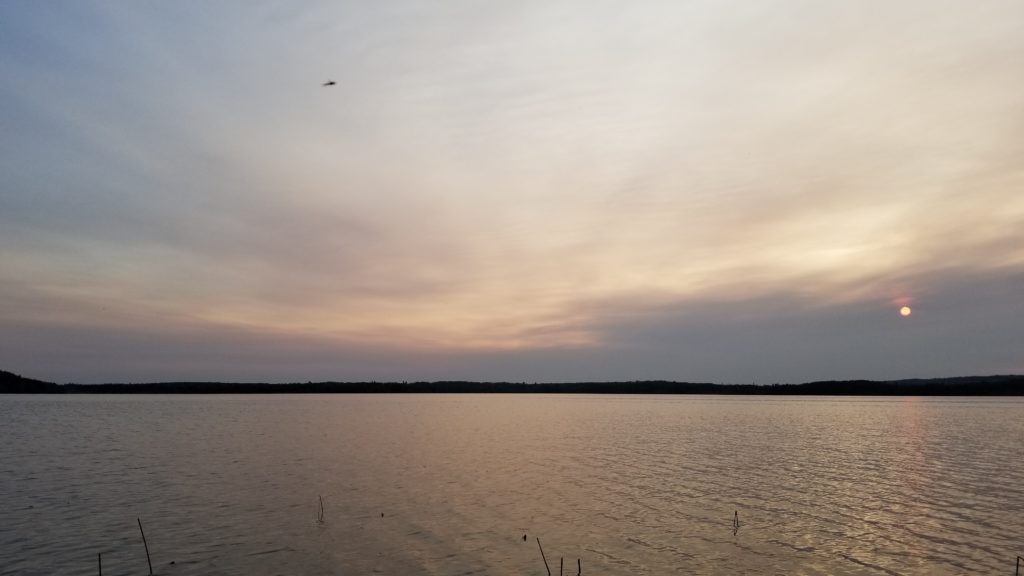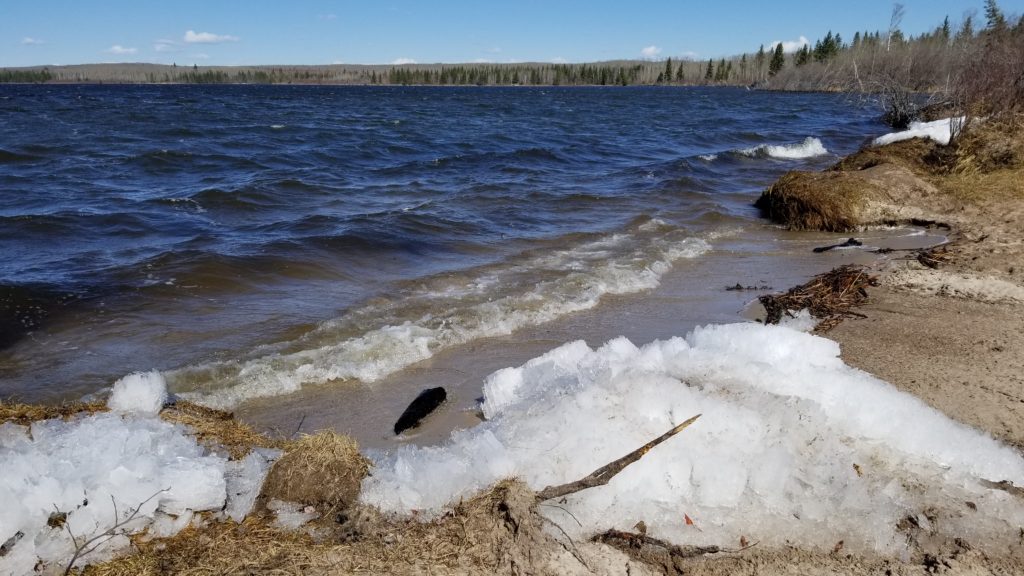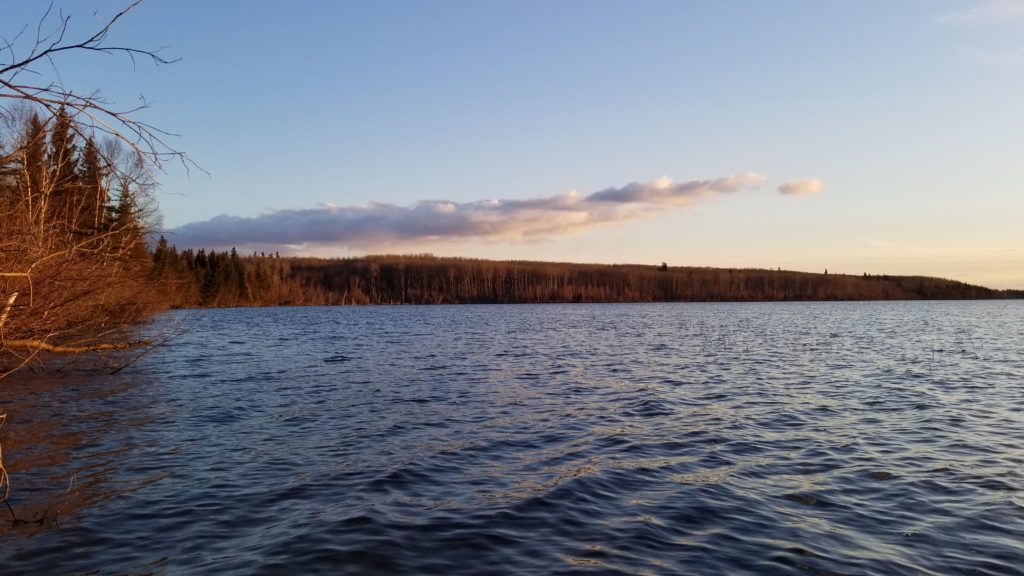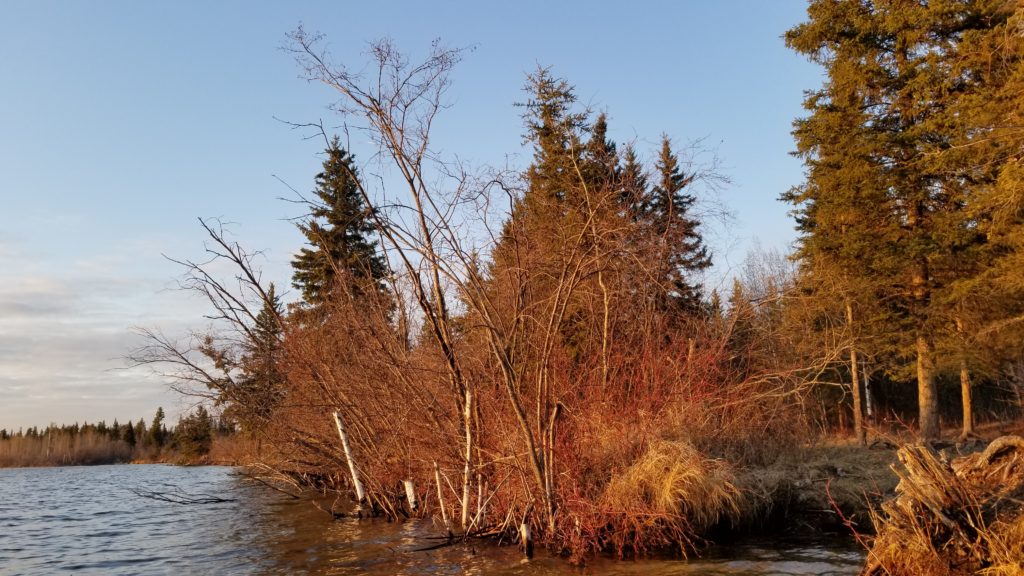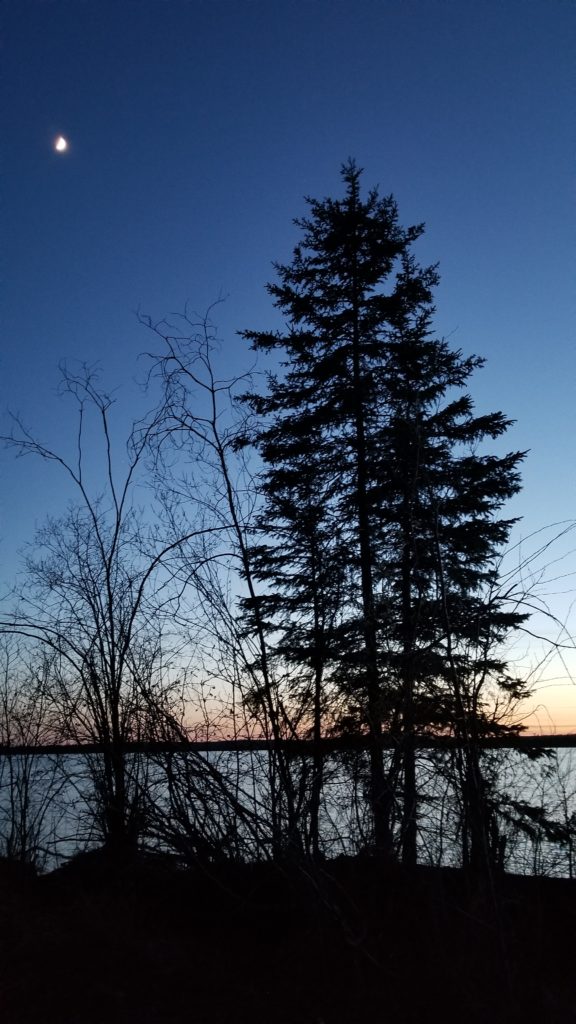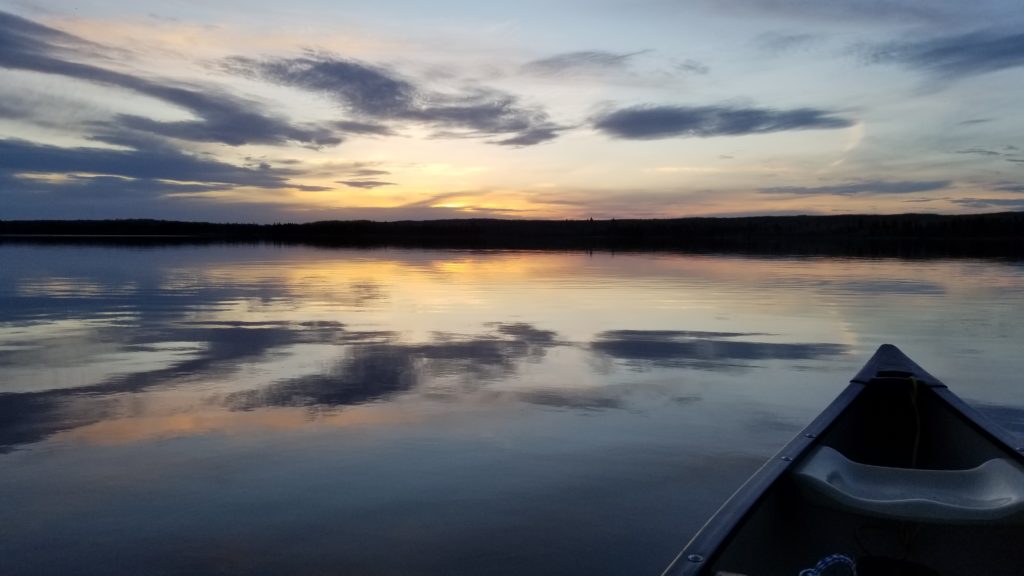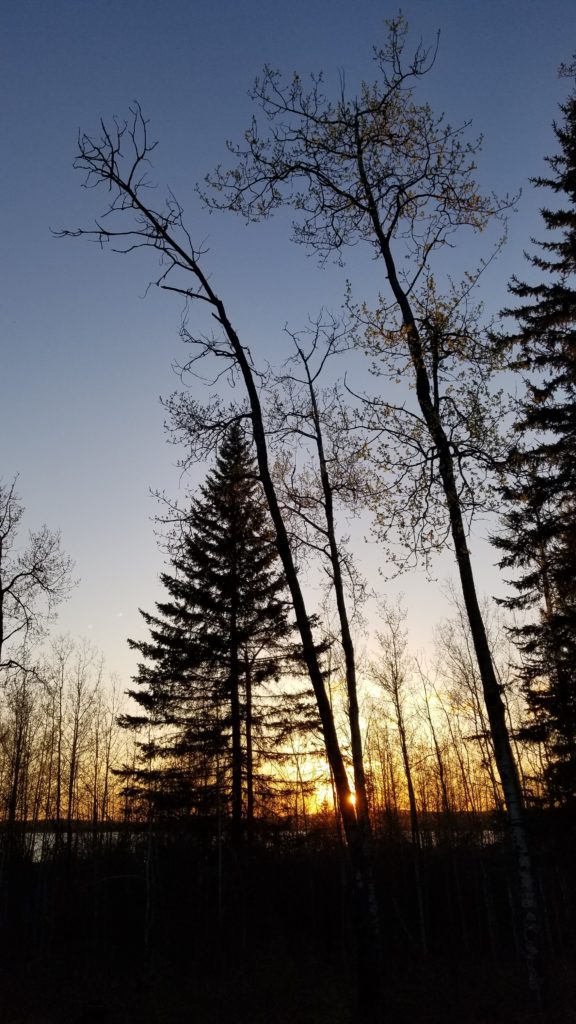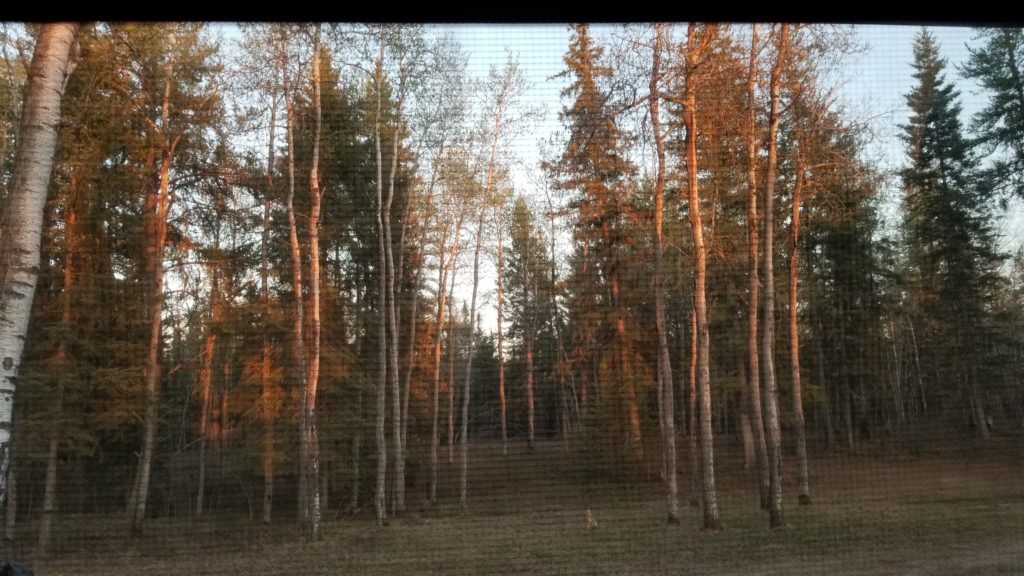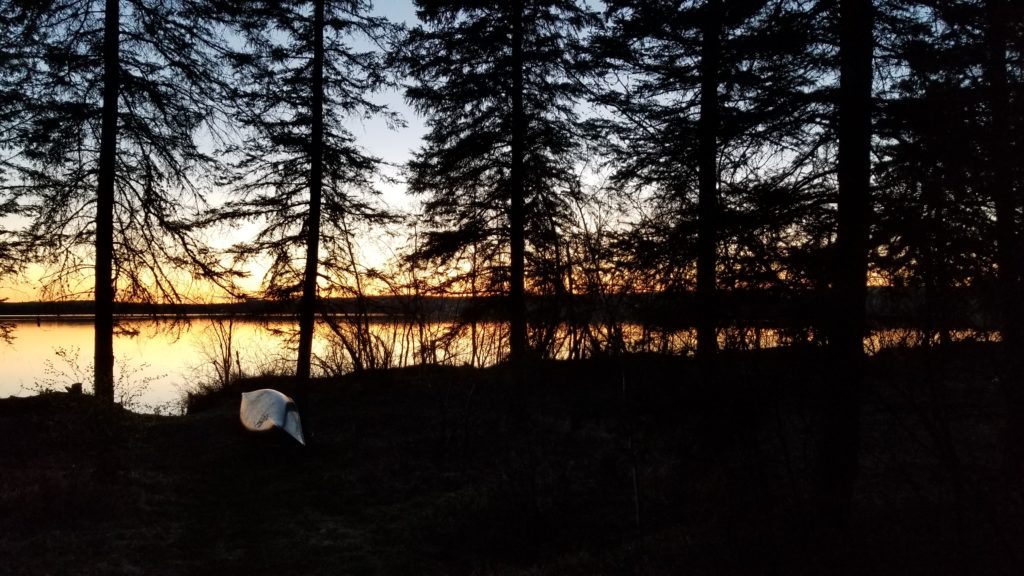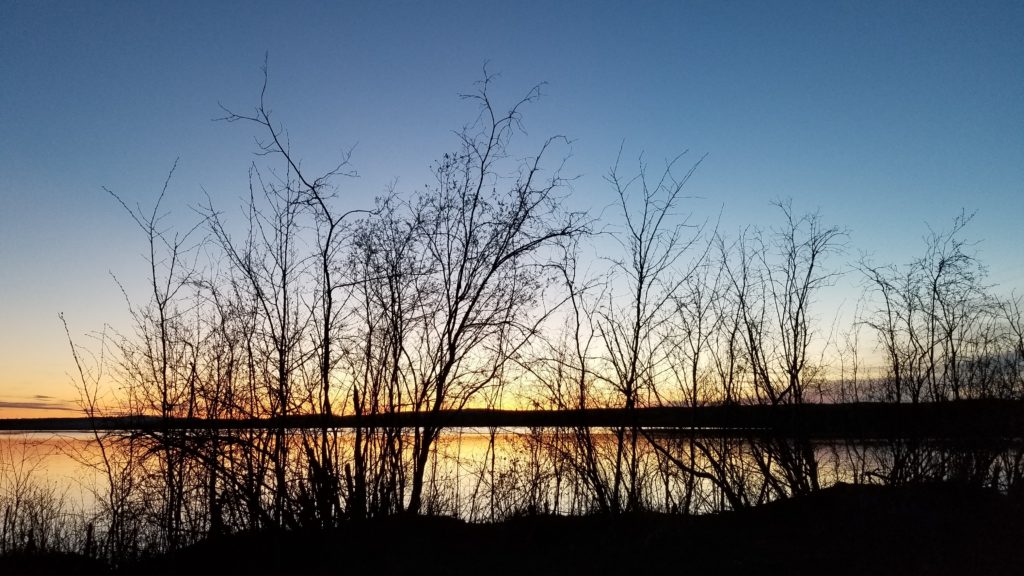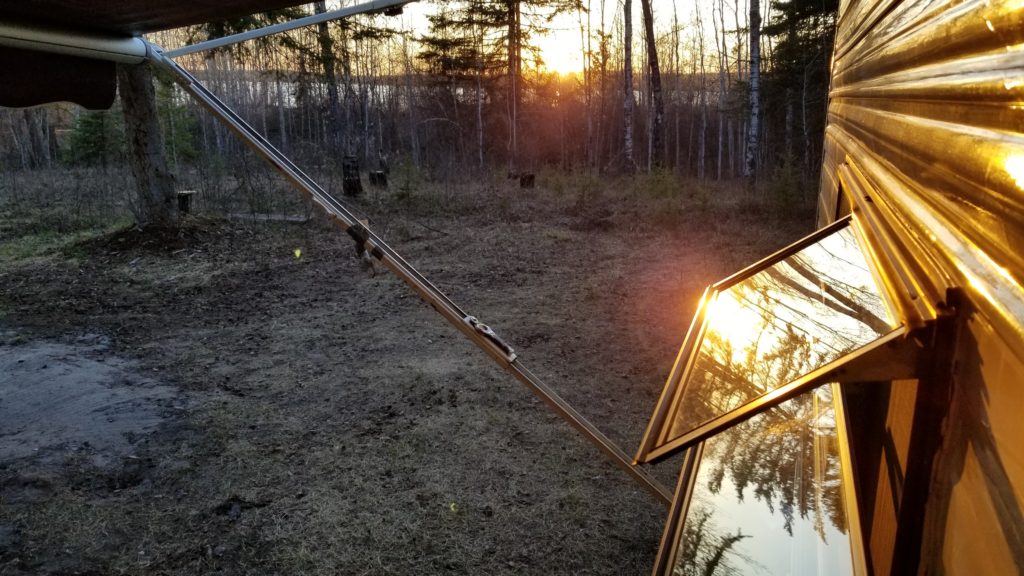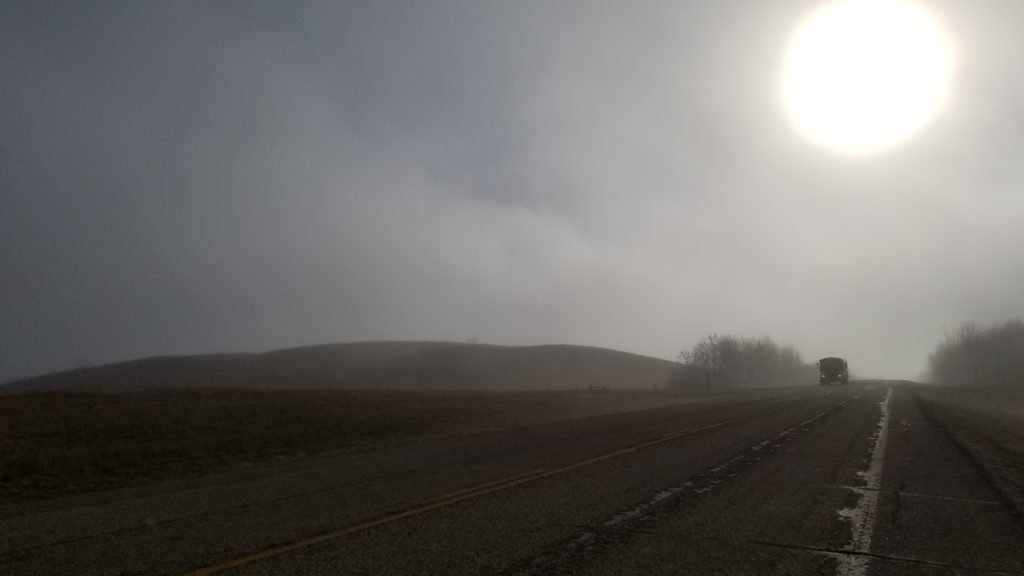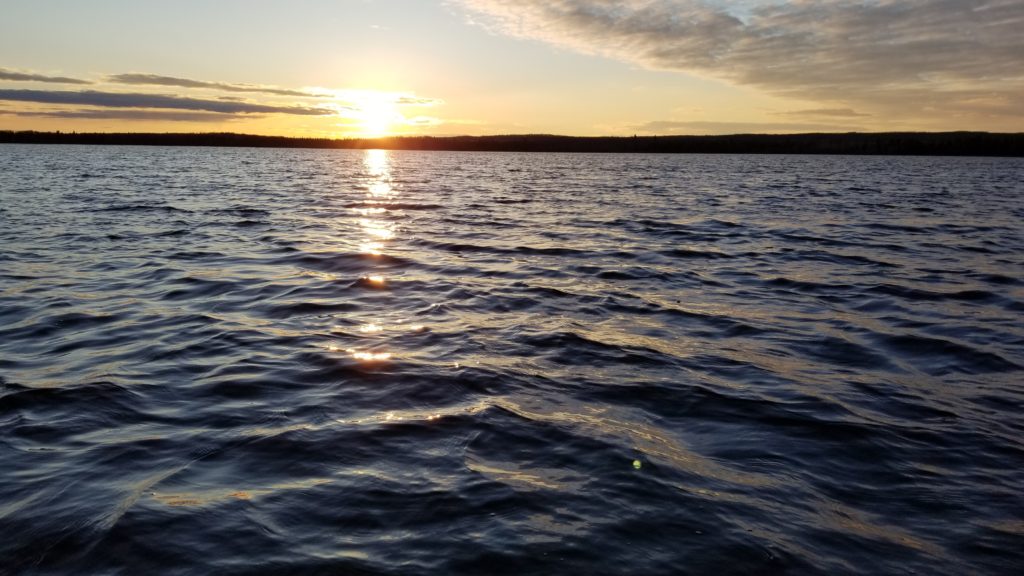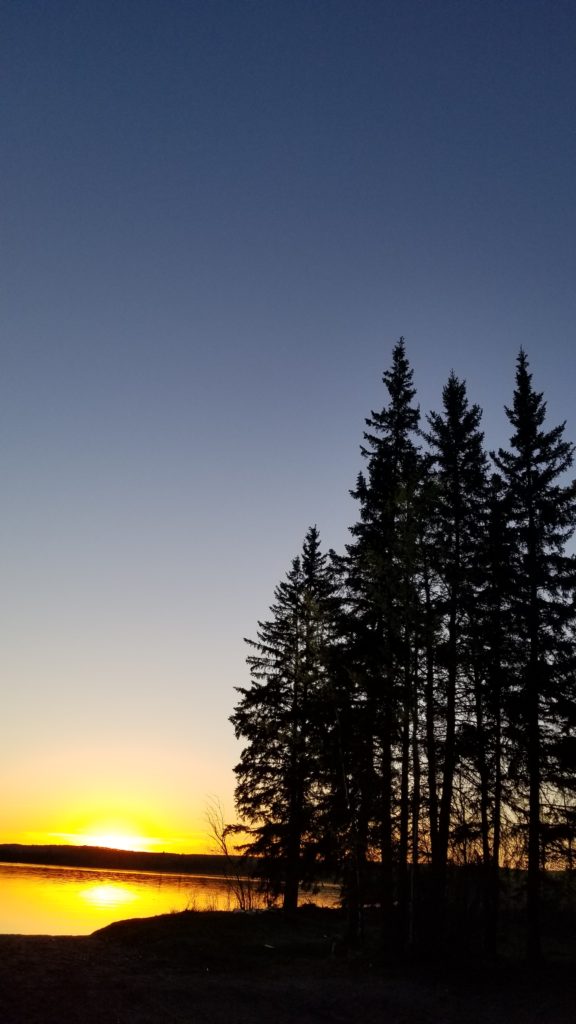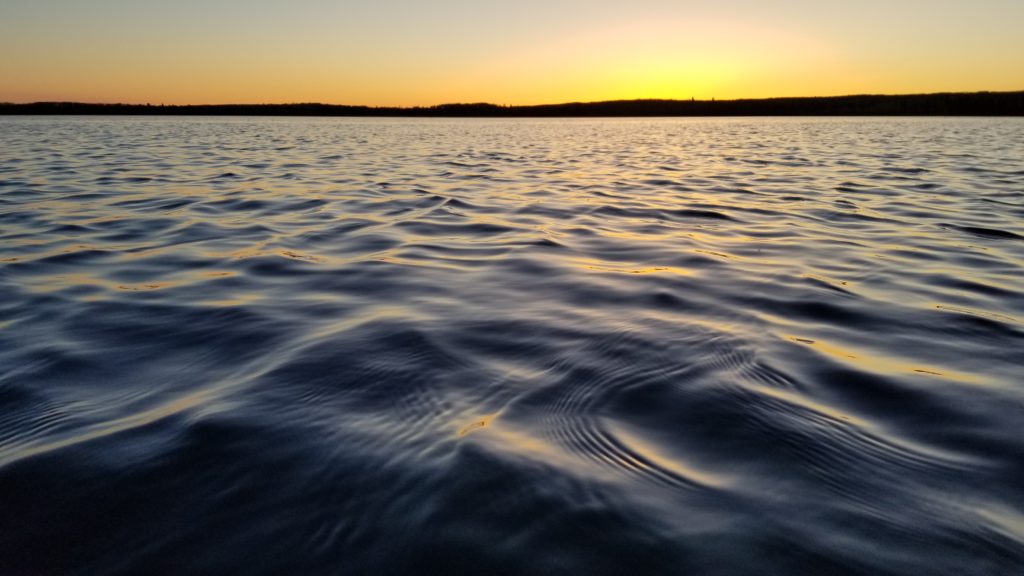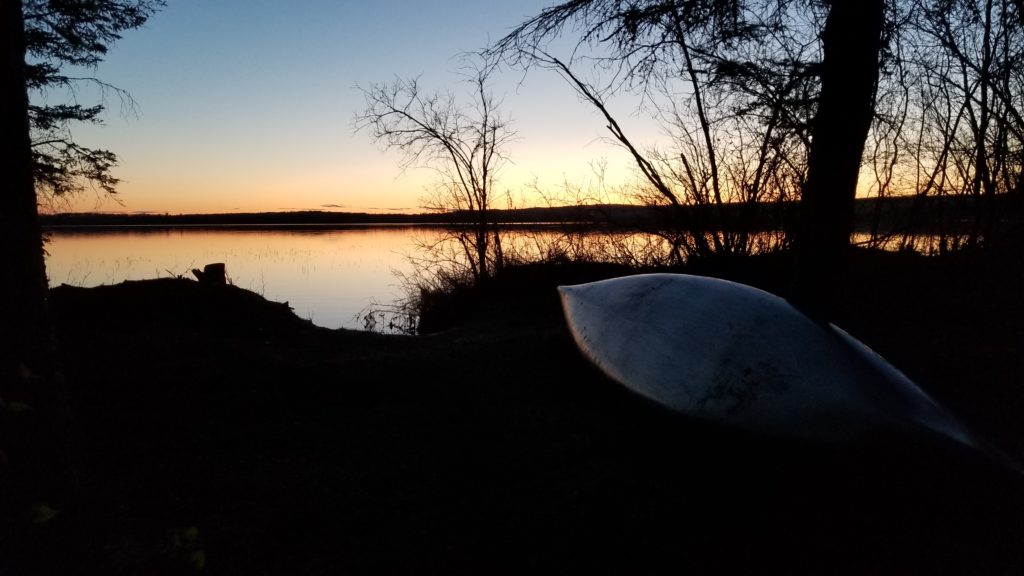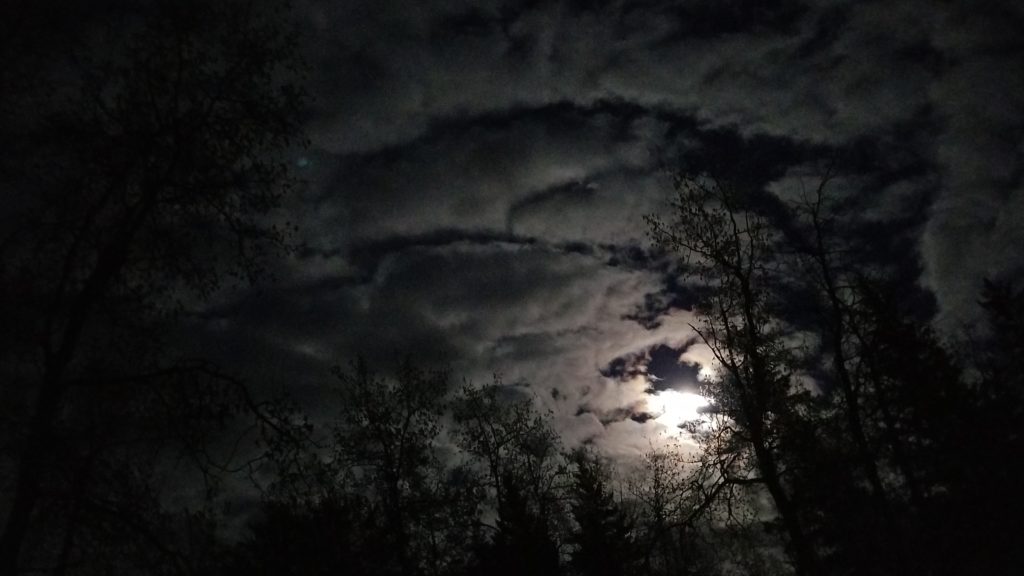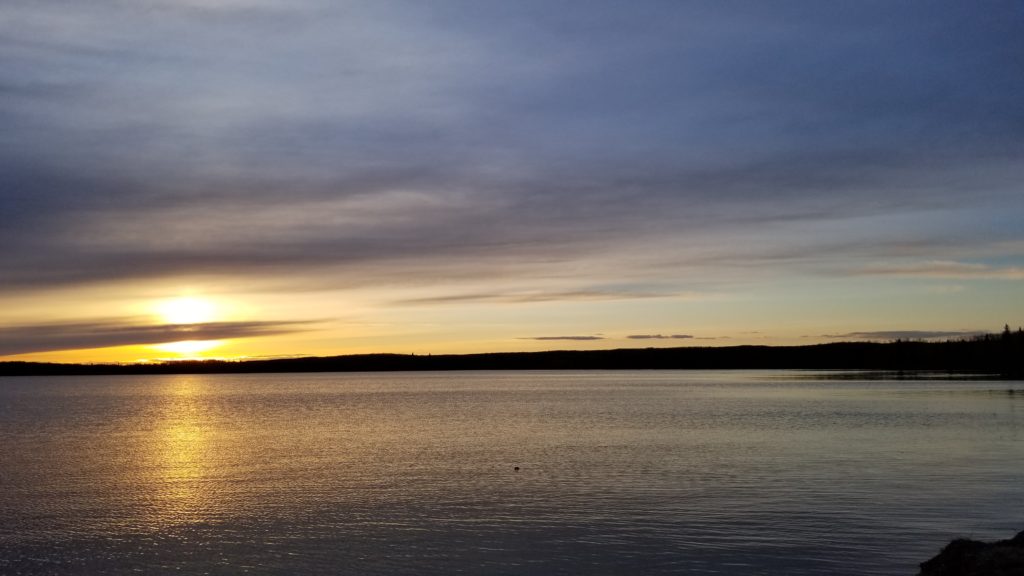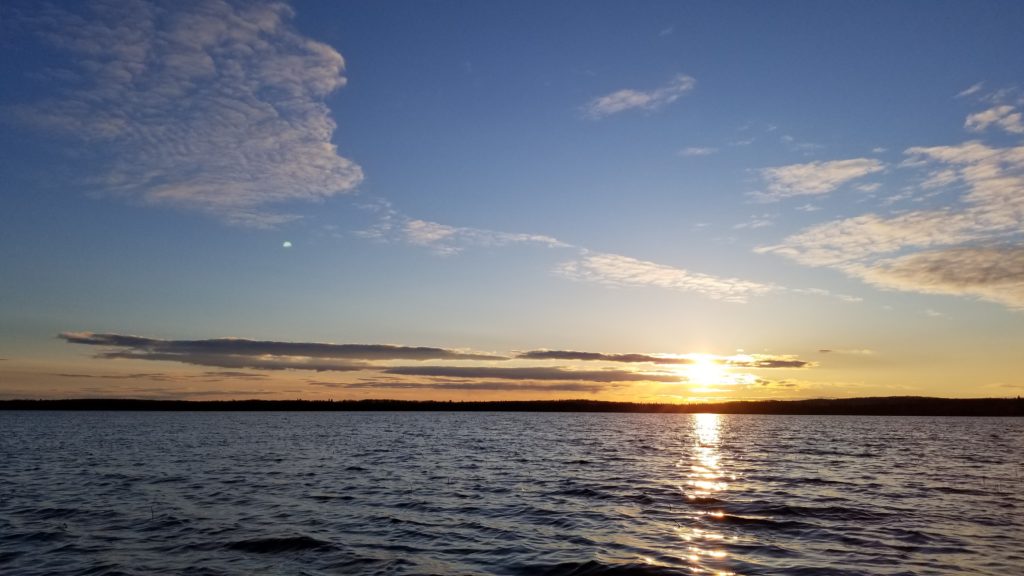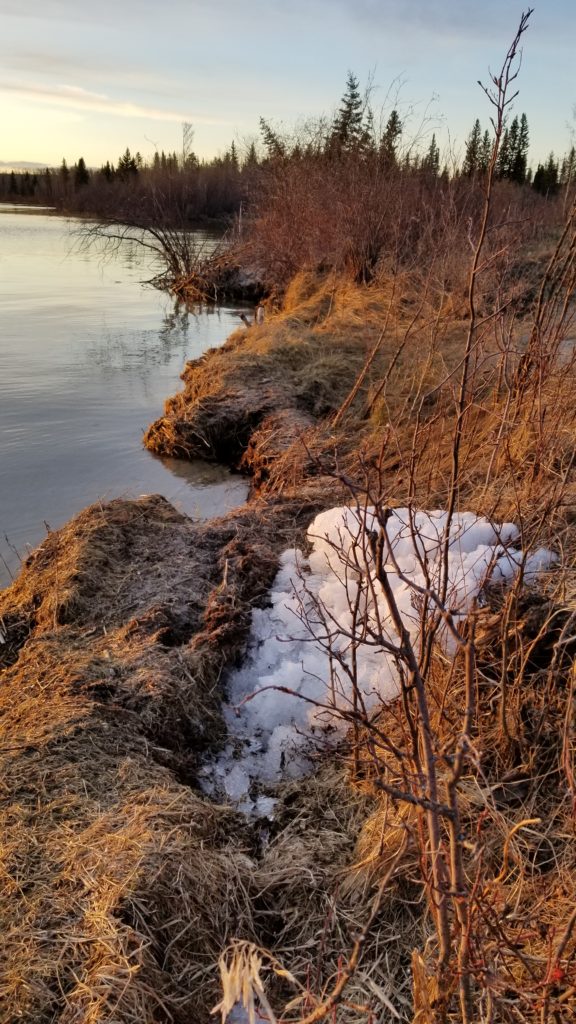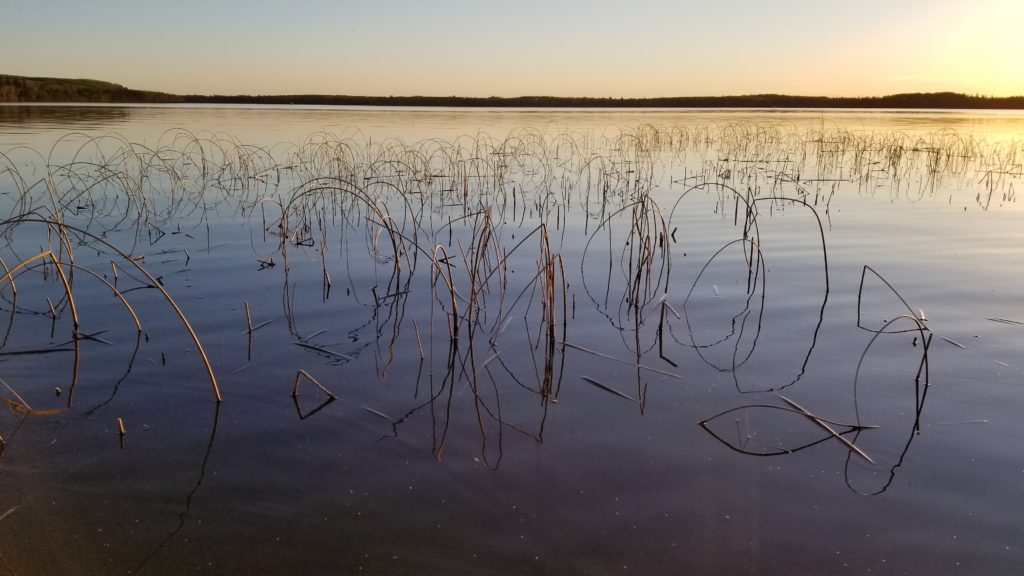
Thoughts
The lessons present powerful images, critical issues, and connections to issues today are profound.
This is a sermon not to missed, not to be sloughed off as something ordinary, or made into something other than what the lessons present: The reality that is ours: God verses Evil in our own hearts> God wins every time, and it always looks like Evil wins, because our measure is tainted, while God’s measure of winning (and everything else) is pure, simple, clear and based in truth.
I could just jump to write a sermon, it is after all already Saturday morning, the week being a series of tasks that once started commanded my full energy-time-focus so that here I am, not starting with the sermon process, but putting it to paper (so to speak) for the first time this week.
Reminder of the steps I take at a minimum to prepare to write a sermon:
1. read the texts at least once through.
2. re-read each text, highlighting in yellow all the crucial phrases, and in green the really outstanding phrases or words, so that in a glance I can see the text again with the significant points clear before me.
3. I read others’ take on the lessons. This presumes that I have already through the years done many proper exegeses of the texts. I wish I had time to delve back into the original language but those resources were jettisoned when there was no room for me in the Inn.
4. I develop an outline from the crucial ideas of the lessons, connected to this world, connected to this week, and this congregation (which sometimes is an actual congregation and sometimes, without a congregation I place it in any one of many congregations I am a part of this week): I organize, prioritize, and start to develop the flow, the point, the purpose of the sermon, and the story of the sermon as a whole. All this answers one question first: What will the sermon proclaim?
5. I rework the outline, to that crucial question: does everything help or hinder proclaiming what the sermon will proclaim.
6. I look again at the outline, and sometimes the paragraphs I’ve written to fill out some points: I ask: does this proclaim Gospel or Law. Does it proclaim the freedom from sin and the bondage to Christ? Because if it is the other way around, it needs to be fixed. This is often a matter of a few degrees, and it is so easy to allow one’s writing and preparation slip away from Gospel into ‘laying on the people what they must do to please God.’
7. I write the outline into paragraphs.
8. repeat 6
9. I shorten the sermon to 13.35 minutes give or take 5 minutes. While shortening I use the criteria of the question in 4. Everything that can be dropped or shortened or tightened, so that the Sermon remains the proclamation it is intended, that’s what’s done to shorten the result. This is where good thinking, good writing, and excellent language skills come into play. The editor.
10. Then I repeat 6 again, and invariably there are a few degrees that need to be made. When there is not, I become suspicious of my ability to see the Gospel.
11. I repeat 9 and 10 until I run out of time or energy. Sometimes, rarely, I need to add an idea back in, or find a completely new idea. Unfortunately, if that happens, that usually happens Sunday morning, requiring 9 and 10 to be repeated yet again. It helps to know I can preach well from an outline, so if I need to jettison the whole thing and start over, I only need an outline. But that’s got to be significant, because … well see 9 and 10: doing those on the fly is nearly impossible!
These ideas from the highlighting:
From Isaiah 65:1-9
God is ready. What is it like when God is not?
God calls Here I am! But the people are rebellious. As always? Or often!
The people follow their own devices. Today the language means something interestingly different and significant: the people follow all their electronic devices, instead of being able to think clearly for themselves, and like following GPS directions, they/we often end up someplace wrong! Which applies to the original meaning of following their own devices.
The people provoke me: and in the sense of the old law: sacrificing in gardens, incense on bricks (other god worship … see devices above), sit in tombs (see the Gospel: the man who lives in tombs), eat pig with abominable things in the broth.
Then the staple of worshiping other gods prevalent still today: the people say to God: keep to yourself. That’s Tevye’s blessing for the Czar: may God bless him and keep him from us very far!
But then the real kicker: Stay away God, for I am TOO HOLY for you!
God’s response: smoke in my nostrils, fire that burns all day. In the wake of forest fires leaving the air difficult to breathe we know how putrid and tiresome smoke in the nostrils can be.
How does God respond!? Look out! (here is the temptation to become the proclaimer of the LAW:
God will repay, I will measure into their laps as they have done to me!
But then that extreme judgment is taken back: and the whole is spared the judgment of the few.
Instead, the chosen will settle the land of those who worship other Gods.
And from that we have ages of wars over whose land it is anyway. As we all forget that it is God’s creation to be shared equitably!
From Psalm 22:19-28
The cry, the deliverance, the freedom, the praise.
God does not despise the poor their poverty! Unlike the world!
The Psalmist will praise God, and the poor will eat and be satisfied.
All who FEAR the Lord will praise God!
All the ends of the earth will REMEMBER! That one’s green!
REMEMBER, it is not to learn something entirely new, though it may seem so, it is to remember God as creation’s creator, as faith’s giver, as life’s breather into us!
And Dominion (green) is God’s. All that we seek to take as our dominion, all that is false, corrupt and the core of the demonic! All dominion is God’s.
I had a friend who came to me amidst great lies and gaslighting and worse, and proclaimed to me that God was not out there somewhere, but in her. So that she could create a false reality and make it true! It is the same kind of thing that the movie Vice portrayed Bush and Cheney shows motivated them, as one must surmise may motivate Trump: the unitary executive theory claims that if the president does it, it is legal. Which is a bunch of hooey and trouble for everyone.
From Galatians 3:23-29
The wonderful Galatians: the source of Luther’s realization (remembering) that we are not saved by what we do, but by faith, which is what God does to us.
There was the LAW, imprisoning and guarding us, but with Christ we are freed from the LAW, we do not need it?, at least we are not saved by it.
Instead we are clothed in white clothes of Christ’s righteousness. We are justified by faith (which is God’s gift to us.)
There is no distinction upon which civilizations are built: Jew or Greek (nationality or land of origin or culture practiced), slave nor free, NOT even male distinct from female! All ALL are ONE in CHRIST!
And we are all HEIRS, offspring of Abraham (by God’s act, not by blood), and heirs according to the PROMISE. The Promise is after all that by which Abraham became significant for us all in the first place!
From Luke 8:26-39
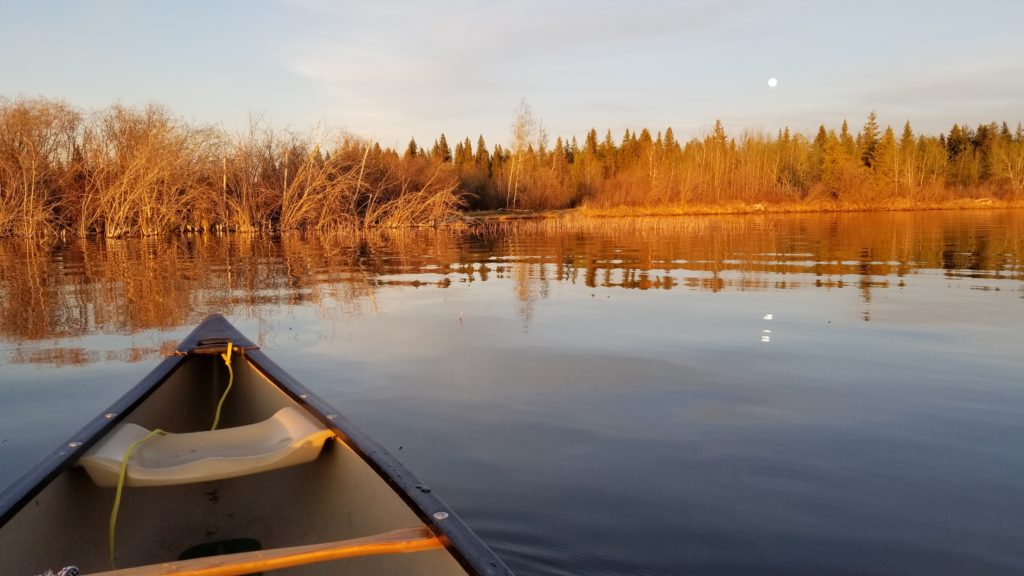
First Jesus has passed into the foreign territory and there encounters a demon, not just a single demon but a legion of demons.
This is a serious case: the demon has possessed him for a long time, and many more demons have entered the man. He no longer wears clothes, lives in a home (but tombs instead, the the OT notes). The people have sought to control him with chains and shackles, but like a person on Meth he breaks the bonds and goes wild. See the movie, A Beautiful Boy (2018 with Steve Carell), if you wish to begin to understand Meth and other drugs’ destruction of and attraction in a young person’s life.
The demon knows Jesus is God’s Son. Demons may be evil, but they do know the truth of what they are and who God is. They just present it differently to those they possess.
The demons want to know what Jesus has to do with them. They expect to be tormented, as they torment their victims!
Jesus asks first what the demons’ name is. The name is the handle. It’s sort of like computer programming. If you do not know the name of a procedure or event or function or container it is really hard to even start programming or make anything happen, without getting stuck in the goo or gui.
So the demon gives up it’s name, and then begs not to be driven back into the abyss. Speculation is rife on what that means, with plenty of scifi to go with it. But the result is the demon begs to be sent into the pigs, Jesus does that, and the unclean pigs drown themselves. They are not that dumb, they know a demon when they see one! And the demon ends up in the abyss anyway. Water is the pre-creation void and abyss welling up from below.
So Jesus sends them to the abyss after all and the difference is that a whole herd of unclean animals gets eradicated in the process. Of course we eat pork. And we understand the waste. So is this cleansing good for the poor pig farmer? Is it fair? Is it necessary? All questions beyond the Gospel of the day, but worth another look at some other time than in a sermon, maybe?
The result is clear: the people of the country side are seized by fear, and they want Jesus to leave them. The thing that the demon wanted. The thing that the people of the Isaiah lesson do to God, which raises God’s ire!
And Jesus leaves.
For these people who want nothing more of him, Jesus leaves a witness and no better witness is to be found. The man, once demon possessed and driven mad and wild for a long time, now healed, tells all the people all that Jesus has done for him.
It is those that know their illnesses most closely and clearly, who Jesus heals, who can tell the wonders of God most poignantly, so that God can create faith in many more people.
And those people can recognize their illnesses, honestly, and they will be healed as well.
That’s the Gospel: If you do not know your illness, there are plenty of people who can tell you the power of Jesus to heal, how it healed so many people. Thus armed and emboldened, many will be able to face their own horrific illnesses, the ones that drive people to dishonesty, destruction, and false claims of being healthy, even while cancer, viruses, and diseases eat the very life out of them.
And to heal us, sometimes there are things that we or others must lose in the process, even things that are our livelihoods. Instead we are left with the bread of life, the Good News of all that Jesus has done for us.
